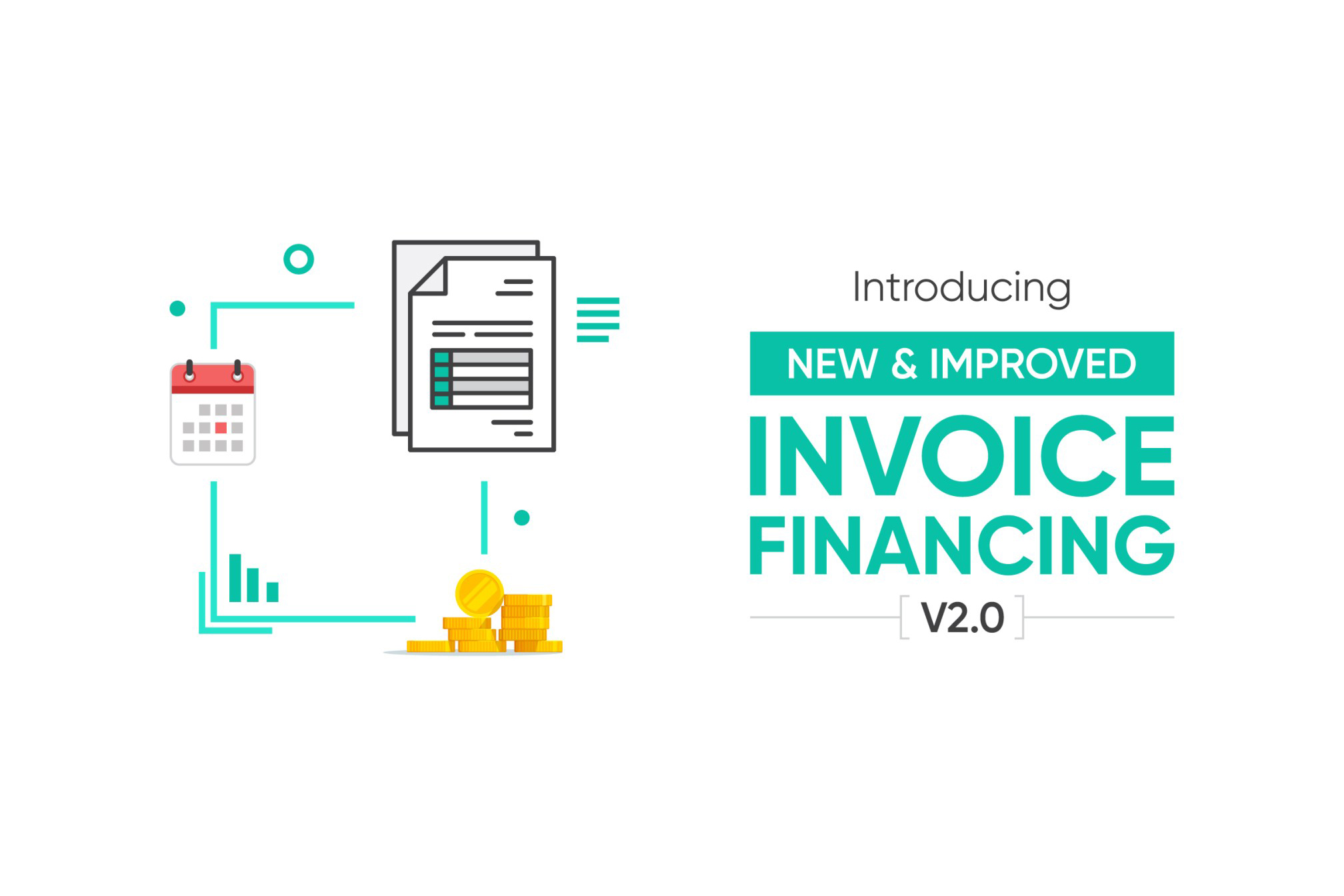Who is SSM?

Before starting your business, register your company with SSM within 30 days of business commencement. Suruhanjaya Syarikat Malaysia (SSM), also known as The Companies Commission of Malaysia, is a statutory body formed as a result of a merger between the Registrar of Companies (ROC) and the Registrar of Businesses (ROB) in Malaysia.
SSM's primary role is to regulate and oversee companies and businesses in Malaysia. It facilitates the incorporation of companies' registration of businesses and provides company and business information to the public. SSM ensures business registration and corporate legislation compliance through enforcement and monitoring activities. All entrepreneurs and business owners in Malaysia are required to register their companies with SSM.
What are the Requirements for Malaysia Company Registration?
The requirements for Malaysia company registration are:
✓ Owner or partners must be Malaysian Citizens or Permanent Residents of Malaysia.
✓ Owner or partners must be aged 18 years and above.
✓ Only the owner or partners is allowed to apply.
Once you have fulfilled these requirements, you can register your company with SSM online as a local resident or engage a registered filing agent to assist with your company registration.
Step-By-Step Guide For Company Registration Procedure in Malaysia
Registering a company in Malaysia is straightforward once you have all the information ready.
Step 1: Identify Your Business Structure
Before registering your company, it's vital to understand the different types of business structures available in Malaysia. These include:
✓ Sole Proprietorship
✓ Partnership
✓ Limited Liability Partnership (LLP)
✓ Private Limited Company (Sdn. Bhd.)
✓ Public Limited Company (Berhad)
Each business structure has its advantages and disadvantages. The two most common structures are sole proprietorship and private limited company. You can read a detailed of all the different business structures in our articles.
Step 2: Choose A Company Name
The business may be registered using a personal or trade name. The business name using the personal name stated on the identity card is not required to apply for the business name.
Example: Ruslan bin Mohamed, Siow Ah Thai or Ramasamy a/l Mutusamy
Trade Name is the name of the proposed business and must obtain prior approval from the Registrar of Business.
Example: Kedai Dobi Mewah, Lucky Star Catering or, ABS Unggul Enterprise.
When selecting a company name, specific guidelines and requirements exist. You can refer to our article on selecting a company name for a comprehensive list of these guidelines. Additionally, you can use our free company name checker tool to verify the availability of your chosen name.
Step 3: Register with SSM
Once you have a confirmed and available company name, register your company with SSM.
Follow these steps to complete the registration process:
Reserve your company name: The SSM will reserve your approved company name for 30 days from the confirmation date.
Prepare the required documents: You will need the following documents for company registration with SSM:
✓ Copy of the identification card for every director
✓ Declaration of compliance
✓ Declaration by a director or a promoter before the appointment

What to Do After Company Registration in Malaysia?
After successfully registering your company and obtaining the incorporation certificate, there are several important tasks you need to complete:
Opening a corporate bank account:
Opening a corporate bank account can be more challenging for foreigners than locals. We have provided insights on the process and challenges you may face in our article linked above.
Consider local banks such as Maybank, CIMB Bank, RHB Bank, UOB Bank, and Hong Leong Bank Berhad.
The documents required for opening a corporate bank account include various sections of the Superform, Notice of Registration, Certificate of Incorporation, particulars of registered address, particulars of directors, the appointment of the first company secretary, particulars of shareholders and shares, NRIC/passport, business plan, proof of residential address, and tenancy agreement (if applicable).
Applying for business licenses (if needed):
Business licenses in Malaysia fall into three categories: general licenses from local town councils, industry or sector-specific licenses from government ministries, and activity-specific licenses.
The duration for business license approvals typically ranges from 1 to 6 months.
Fulfilling tax obligations and annual business reporting compliance:
All companies in Malaysia must pay corporate taxes and comply with the regulations set out in the Companies Act 2016.
The corporate tax rate in Malaysia is 24%, and tax filing is done annually unless exempted.
Find out if your company is eligible for tax exemptions or incentives by referring to our above article.
Hiring local or foreign employees:
Employers in Malaysia must register with the Employee Provident Fund (EPF) within seven days before the employees' start date.
The required documents for EPF registration for private sector employers include Form KWSP 1, Form 49, SSM Company Incorporation Certificate, and the director's identification card.
If you need guidance on your obligations to your employees, refer to our comprehensive guide on EPF, SOCSO, EIS, and MTD in Malaysia.
For foreign employees, you must apply for a work visa on their behalf, and as a foreign business owner, you need to apply for an employment pass under the company.
Completing these tasks will ensure that your company complies with regulations, can conduct business, and meets its obligations in Malaysia. For more detailed information and assistance, please refer to our articles or consult with experienced professionals.





